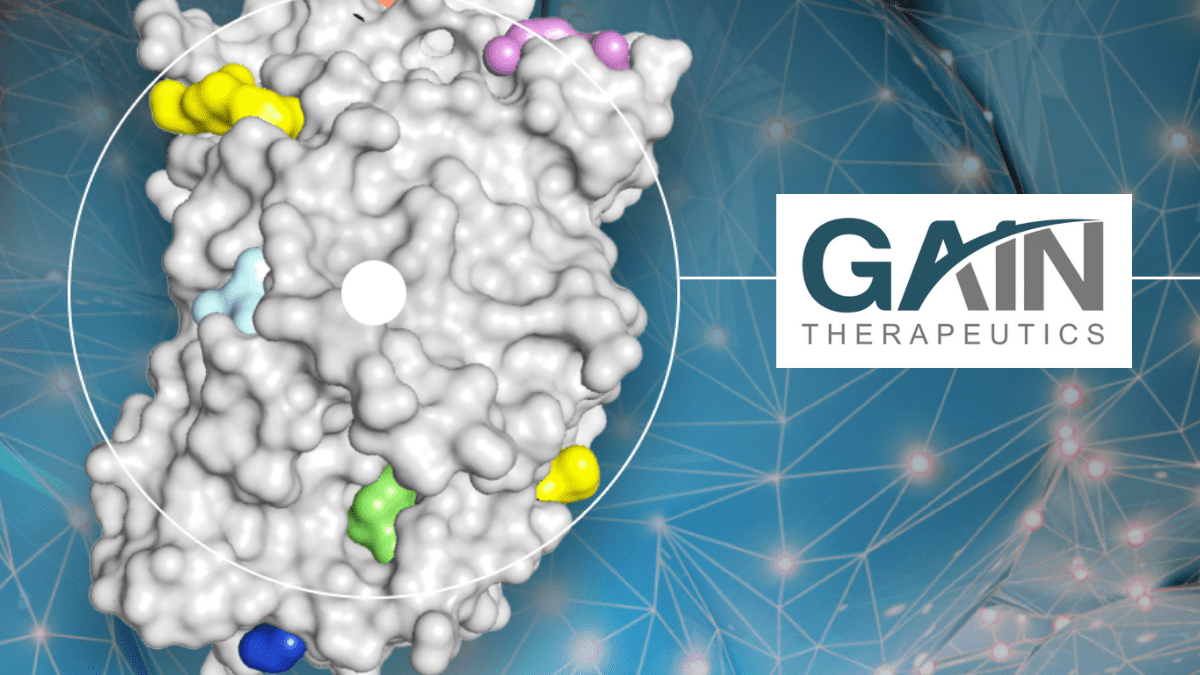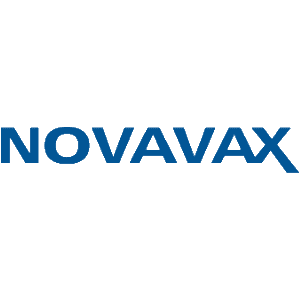
Gain Therapeutics and UMSOM Partner to Investigate Small Molecule Drugs
Gain Therapeutics and the University of Maryland School of Medicine (UMSOM) forged a research collaboration to investigate Gain’s structurally targeted allosteric regulators (STARs) in cellular models of neuronopathic Gaucher disease (nGD) and Parkinson’s disease (PD).
Neuronopathic Gaucher disease and Parkinson’s disease are characterized by mutations in the GBA gene. When this happens, the enzyme encoded by GBA in the gene is misfolded, which causes it to interfere with the normal transport to the lysosome. The UMSOM has experience working with cell models of nGD as well as Parkinson’s disease, which made the academic institution an ideal choice for a partner.
The research will be helmed by Ricardo A. Feldman, Associate Professor of Microbiology and Immunology at UMSOM. Feldman and his team will work to clarify the mechanism of action of the Gain’s STAR candidates in macrophage and neuronal models of nGD and GBA-associated PD.
Gain Therapeutics small molecule drug candidates are designed to cross the blood-brain barrier and penetrate other hard to treat organs such as bone and cartilage, stabilize the effective enzyme to restore function and reduce toxic substrate. Gain’s STARs are expected to be capable of correcting mutant and wild-type enzyme misfolding and restoring their function, according to the company.
According to Gain, the research will clarify the mechanism of action of Gain’s STAR candidates by studying their effect on GCase, including GCase’s enzyme activity and transport to the lysosome. When a protein misfolds, its structure is disrupted and it can no longer function properly. Additionally, other effects such as prevention of alpha-synuclein aggregation in Parkinson’s disease dopaminergic neurons will be evaluated, the company said. Initial data from the collaboration is expected to be reported in the first half of 2021.
In the announcement, Feldman said his team has used human-induced pluripotent stem cell (iPSC) models of Gaucher disease and GBA-associated Parkinson’s disease to “uncover the molecular mechanisms leading to these diseases.”
“We have also developed very sensitive assays to evaluate the therapeutic efficacy of small molecules in reversing the phenotypic abnormalities caused by mutant GBA in the cell types affected by these diseases, including macrophages and neuronal cells. I have been impressed by Gain’s initial results evaluating the potential of STARs in correcting enzyme misfolding and restoring function, and look forward to working with Gain’s team to further advance its program to treat these diseases,” Feldman said in a statement.
Gain Chief Executive Officer Eric Richman said the work conducted by UMSOM and Feldman will be instrumental in validating the potential of his company’s STAR candidate for these diseases.
“I am confident these foundational studies will bring us closer to a potential new treatment option for those with these disorders,” Richman said in a statement.
For Gain, the partnership with UMSOM comes about four months after the three-year-old company secured $10 million in a Series B financing round.





